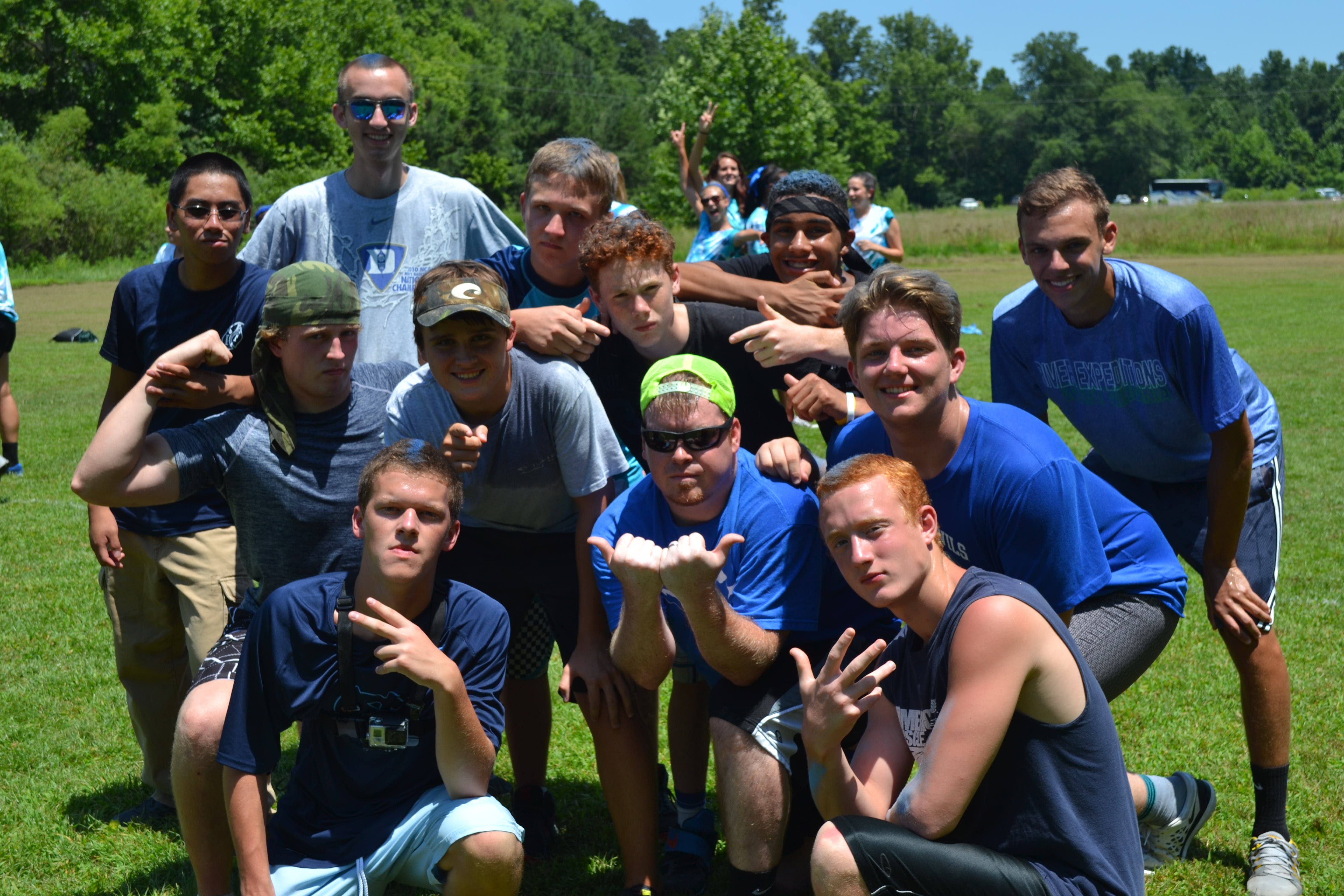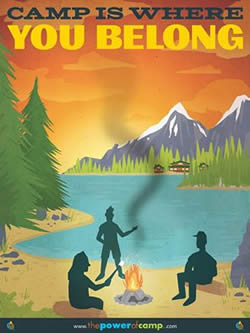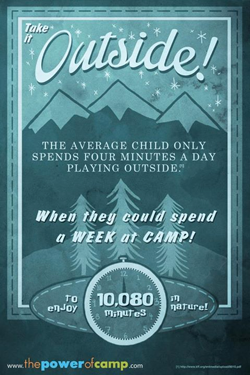As it went, Stephen Snyder had planned to attend college to study business. He was good with numbers in high school and thought it would be a smart career move.
Before he started his collegiate years, he spent time as a summer camp counselor. Summer days were filled with serving kids and making memories. He didn’t know it at the time, but those moments were a foreshadowing of his future.
At summer camp, Stephen was seen as a leader. Other leaders commended him on his ability to influence others and noted how others easily followed him. He hardly saw himself as a leader. Various leaders encouraged him to think about going into ministry, but it wasn’t exactly on his radar.
On his college campus a few months later, he was taking business classes just like he had set out to do, but it wasn’t the right fit—at all. “I know this is not what God wants for me,” Snyder remembers saying. “Those conversations that I had with leaders at summer camp started rushing back to my mind, and I’m like, ‘OK, God, what does this mean?’ That eventually led to me submitting to a life of ministry.”
The setting of camp played an important role in bringing clarity and opening his eyes to a career he might not have otherwise considered. His time in vocational ministry has taught him that eternal things are what matter.
“Almost every kid does something special during the summer outside the family summer vacation,” he says. There are sports camps, band camps, even academic camps, and they all serve the purpose of helping the individual improve an area of their life.
“There’s something they want to get better at,” he says. “[Camp is] an opportunity to go and grow in your relationship with Christ. And to be molded more into the image of Christ, which is what God wants for us. It’s an opportunity to grow closer to your church community, with your church body.”
Youth ministers. Volunteers. Students. Camp staff. They collaborate to make a week of camp the ultimate bonding experience and a place for development.
“When we go to camp, we have those students for a full week,” he says. “It’s just incredible time to build those relationships with students. Today with students—it’s cliché, but I think it’s true—students don’t care how much you know until they know how much you care.”
A full week to spend investing in students is a rare opportunity. There are so many demands on students’ schedules. “Students are busier than they’ve ever been,” Snyder says. “And talking to other youth pastors that I know, they’ve even said that. It’s tough. [Students are] swarmed with school and other activities.”
Helping his students where they are in light of their busy schedules brings an element of enthusiasm to his work. “It’s exciting to be a youth pastor today because of the generation that we have the opportunity to minister to. One, they’re one of the largest generations that our world has seen, and two, they have the potential to have more influence than any generation that our world has ever seen, mainly because of technology.”
Snyder and his students spend time together at camp, and that builds momentum to launch the school year. Through the busyness and crowded schedules, one of the first places students cut corners is their relationship with God. Snyder says, “Summer camp…provides a great opportunity to get away from everything in life—the busyness or the negativity of a bad home life.”
Settings like camp can become important times of retreat and refuge prime for deep learning and listening. “For the first time in a while, students are in a posture where they are listening because they’re away from everything, and because their schedule is centered on Christ,” Snyder says. “We get away from everything and have this experience where every part of our day is centered around God. It’s hard to walk away from that not being impacted in some way.”
Photo courtesy of Summit Community Church
















 INSTAGRAM
INSTAGRAM FACEBOOK
FACEBOOK TWITTER
TWITTER YOUTUBE
YOUTUBE